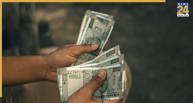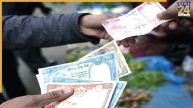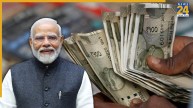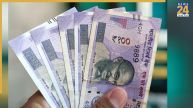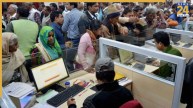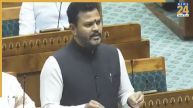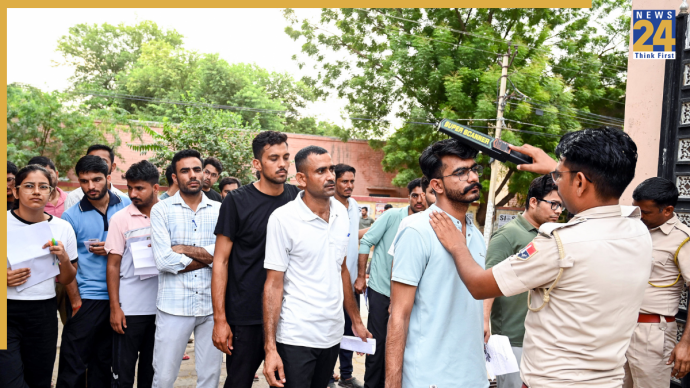RBI Latest News: The Reserve Bank of India (RBI) on Friday decided to keep its key lending rate unchanged at 6.5% for the fourth consecutive time. “After a detailed assessment of the evolving macroeconomic and financial developments and the outlook, RBI’s Monetary Policy Committee decided unanimously to keep the Policy Repo Rate unchanged at 6.5%”, RBI Governor Shaktikanta Das said, after the central bank’s bi-monthly Monetary Policy Committee (MPC) meeting. RBI in its past three meetings – April, June, and August — held the repo rate unchanged at 6.5 per cent. The repo rate is the rate of interest at which RBI lends to other banks. A relative decline in inflation, barring the latest spike, and its potential for further decline may have prompted the central bank to put the brake on the key interest rate. Inflation has been a concern for many countries, including advanced economies, but India has largely managed to steer its inflation trajectory quite well.
Here are the 5 key takeaways from RBI governor Shaktikanta Das announcement
- No Change in Loan Interest Rates: The RBI decided not to change the interest rates for home loans and other loans. This means the interest you pay on your loans will remain the same for now.
- India’s Growth Potential: The RBI governor believes that India is on track to become a strong contributor to the world’s economic growth. The RBI is trying to balance controlling inflation (the rising prices of goods) while still helping the economy grow.
- Steady Interest Rates: The RBI kept the interest rate the same in its last few meetings because they had raised it earlier in response to global events like the Russia-Ukraine conflict.
- Inflation Target: The RBI’s job is to keep prices stable. They aim to keep inflation (the increase in prices) around 4%, but it was higher than that in August, which is a concern.
- Inflation Expectations: Economists predict that prices will start going down later this year, but there are still worries that some items like cereals and pulses might continue to get more expensive.


